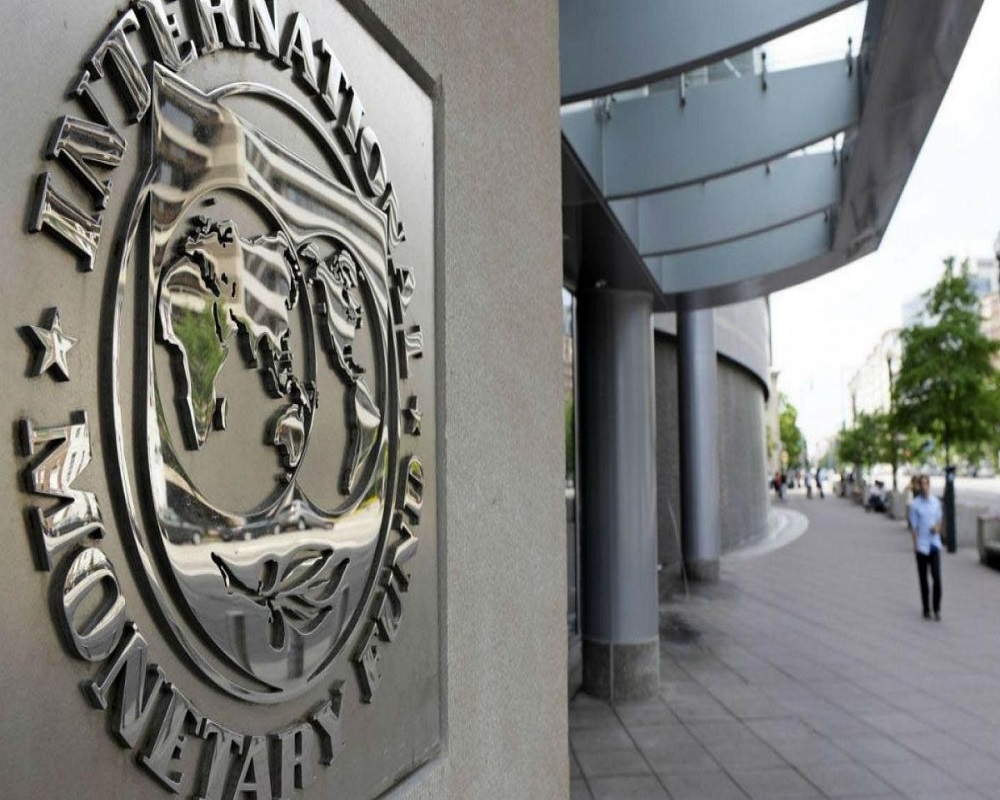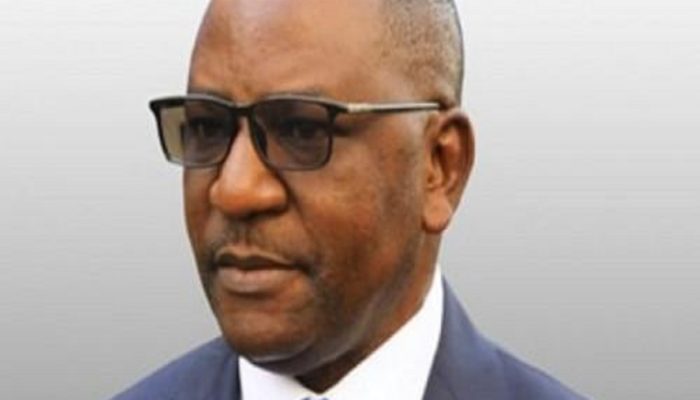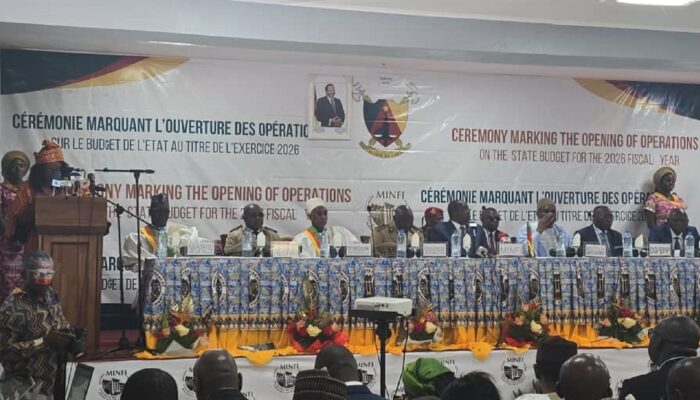After an in-depth assessment, the International Monetary Fund (IMF) expressed its satisfaction with Cameroon’s progress in managing its public finances. The institution approved a disbursement of 77.5 billion CFA francs to support ongoing reforms. However, efforts still need to be made, particularly in terms of public investment and structural reforms.
In a statement issued on January 30, 2025, the International Monetary Fund (IMF) welcomed the progress made by Cameroon in managing its public finances and implementing its economic program. This announcement follows the assessment mission led by Ms. Cemile Sancak, Chief of Mission for Cameroon, which took place from October 3 to 16, 2024 in Yaoundé.

The assessment covered the seventh review of the Extended Credit Facility (ECF) and Extended Fund Mechanism (EFF) arrangements, as well as the second review of the program supported by the Resilience and Sustainability Facility (RSF). Discussions between the Cameroonian authorities and the Bretton Woods institution resulted in a technical agreement which, subject to validation by the IMF Executive Board, will result in a disbursement of 77.5 billion CFA francs.
The IMF notes a gradual economic recovery in Cameroon, with growth of 3.2% in 2023, which is expected to reach 3.9% in 2024. Inflation, which is falling, stood at 4.6% in November 2024 compared to 7.5% in 2023. On the budgetary front, the outlook is positive. The non-oil primary deficit is expected to fall from 2.5% of GDP in 2023 to 2% in 2024. This improvement is driven by a 5% increase in non-oil revenues, notably thanks to the performance of corporate tax and indirect taxes. However, the IMF stresses that some delays in the execution of investment projects are slowing down the growth dynamic. The institution encourages the government to accelerate the implementation of infrastructure and optimize the allocation of public resources.
While the results obtained are considered satisfactory, the IMF stresses the need to maintain the course of reforms. Ms. Sancak stressed that growth could reach 4.5% in the medium term if reforms are pursued rigorously. Inflation, for its part, should converge towards the 3% target set by the Economic and Monetary Community of Central Africa (CEMAC) by 2026. The IMF welcomes the adoption of the 2024 budget by Parliament, considering that it respects the budgetary commitments of the current program. However, additional efforts are expected, particularly in the reform of public enterprises, the improvement of the business climate and transparency in the extractive industries sector. One of the urgent issues remains the restructuring of the National Refining Company (SONARA). The IMF also recommends a revision of the 2013 law in order to rationalize investment incentives and improve the country’s economic attractiveness.
In addition to economic and fiscal reforms, Cameroon has made notable progress in climate policy. The country has strengthened the integration of environmental criteria in the assessment of investment projects and revised the law on civil protection. The IMF, in collaboration with other technical partners, is supporting Cameroon in developing a national climate plan, a disaster risk financing strategy, and sustainable governance of the forestry sector.
At the end of its mission, the IMF delegation met with several senior Cameroonian officials, including Prime Minister Joseph Dion Ngute, Minister of Finance Louis Paul Motaze, and Minister of Economy Alamine Ousmane Mey. The IMF’s positive assessment reinforces the credibility of Cameroon’s economic program and should facilitate access to new external financing. However, continued reforms remain essential to ensure sustainable growth and strengthen the country’s economic resilience.






